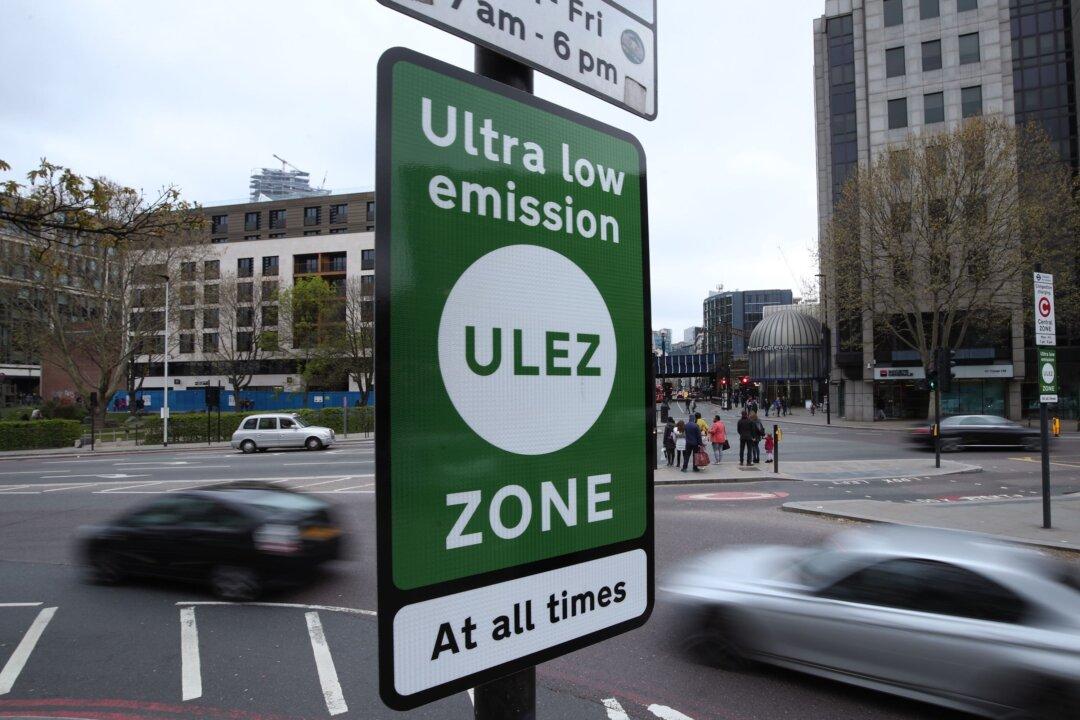Drivers of almost 700,000 Cars in Greater London could be liable to pay £12.50 daily after the expansion of the Ultra Low Emission Zone (ULEZ), automotive services company RAC said on Friday.
It comes a day after Transport for London (TfL) claimed that the vast majority of drivers will not have to pay the ULEZ charge post-expansion because nine out of 10 cars seen driving in outer London on an average day are ULEZ compliant.





